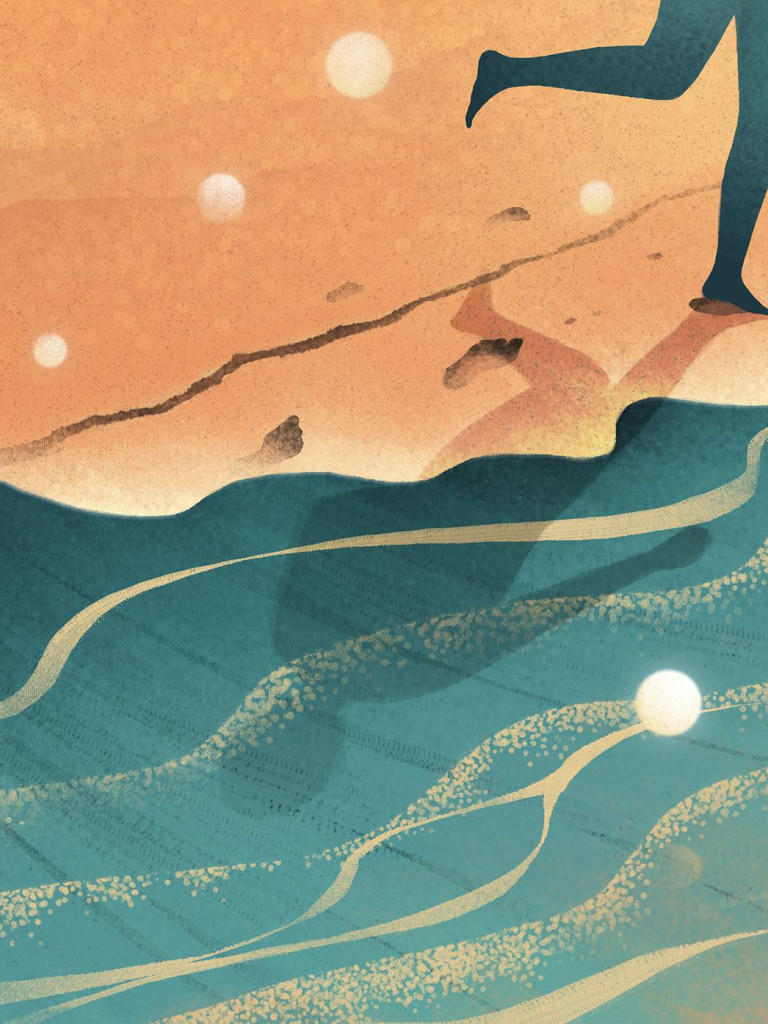
RADIOLAB PRESENTS: GONADS
Radiolab Presents: Gonads is a multi-episode journey deep into the parts of us that make more of us. Gonads takes listeners on a Magic Schoolbus–style dive into the human body.
ACTIVITIES
Gonads is a six-episode podcast and radio broadcast series, plus two-live theatrical shows. As part of the series, producers undertook four community-engagement projects, in which listeners were asked to contribute audio and digital content, including sending in stories about trying to conceive and the creation of a sex education virtual library.START OF THE PROJECT
12.03.2018ORGANISATION
Radiolab, WNYCIMPACT
Gonads the podcast has had over ten million downloads, with live theatrical events reaching over 8,000 individuals; more than 1,300 listeners participated in audience engagement initiatives. The series featured a range of diverse voices and topics, including people of color, LGBTQ+, and female scientists.TARGET GROUP
Our target audience was a diverse listener group from ages 13 and up.KEY LEARNINGS
First and foremost, we were walloped by a lot of new science. From basic facts, such as endometriosis is when uterine tissue grows outside the uterus on different body parts, to the species-saving journey of the primordial germ cells. But we also stumbled onto some major science revelations, which we were able to share with our listeners, including not everyone with an X chromosome is born “female.” Or, maybe even more profound, every embryo starts as BOTH male or female, and that “both-ness” is not lost, even after our bodies commit to male or female organs; even as an adult human, the other biological sex sits there, just beneath the surface, trying to express itself, but scientists do not know really how this expression works, or how it might affect us.- Second, this series let us examine the complicated world of sex education. The Gonads teams has a much greater appreciation for how hard it is to teach sex ed, and why it’s such a complicated subject area. Even if you take politics out of the situation, the biology is so complex, how do you even begin to talk about this stuff? Plus, there’s the maturity of each student, culture, religion, and more. It was fascinating to see how sex ed varied between countries, as well. For example, the Netherlands begins teaching sex ed at five years old.
- And third, we found out that stories became infinitely more complex the longer we stared at the science. Any time we felt lost, any time we felt generic, any time we wondered what we were doing, we turned back to the science, and it always reminded us what we were doing; but most interestingly, it also always led us back to humanity, in a way that was profound.